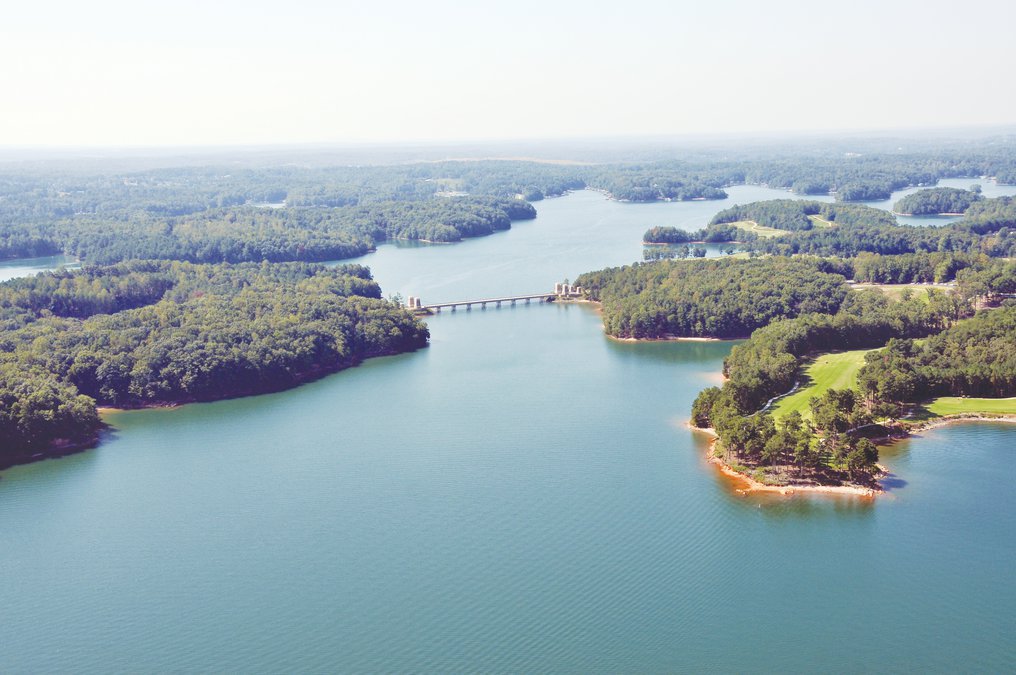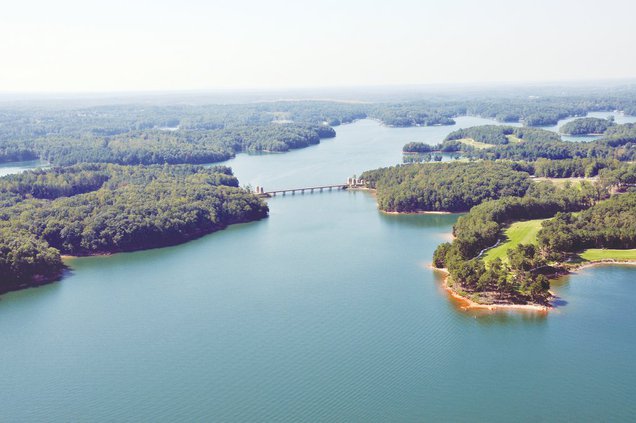Florida has suffered enough harm from Georgia’s water consumption that a cap on water use in the Apalachicola-Chattahoochee-Flint River Basin might be warranted, the Supreme Court decided Wednesday, June 27.
Dealing a blow to Georgia, the U.S. Supreme Court has sent the Florida v. Georgia back to its special master, Maine lawyer Ralph Lancaster, for further review. In remanding the case, justices ruled in a 5-4 decision that Florida had proven it has suffered harm because of Georgia’s water consumption and that a consumption cap could be created.
Georgia Gov. Nathan Deal said Wednesday his legal team had proven the “ineffectiveness of draconian caps placed on Georgia’s water use” and said he remains “confident in the state’s legal position.”
Lancaster found that Florida had proven harm but that it wasn’t possible for the court to find a solution to the dispute. Justices disagreed with the special master, ruling Florida’s case was strong enough that further hearings and evidence could allow the court to come up with a decree on water consumption.
“The special master applied too strict a standard in concluding that Florida failed to meet its initial burden of demonstrating that the court can eventually fashion an effective equitable decree,” wrote Justice Stephen Breyer, who delivered the 5-4 opinion.
“Unless and until the special master makes the findings of fact necessary to determine the nature and scope of likely harm caused by the absence of water and the amount of additional water necessary to ameliorate that harm significantly,” Breyer continued, “the complaining state should not have to prove with specificity the details of an eventually workable decree by ‘clear and convincing’ evidence.”
Deal said the state had made its case before the Supreme Court and would continue to fight to keep control of in-state water use.
“Georgia heeded the Special Master’s warning and took legislative action, which is now law, to address his concerns,” Deal said. “I look forward to continuing to defend our position in this case. Georgia remains committed to the conservation efforts that make us amicable stewards of our water resources and Attorney General Chris Carr and I remain committed to making every effort to defend Georgia’s water resources for our current and future citizens.
“We look forward to obtaining a positive ruling on the merits in this case."
Breyer was joined by Chief Justice John Roberts and justices Anthony Kennedy, Ruth Bader Ginsburg and Sonia Sotomayor. Justices Clarence Thomas, Samuel Alito, Elena Kagan and Neil Gorsuch dissented.
In his dissent, Thomas wrote that the special master had considered enough evidence to deny Florida’s request.
“The special master applied this balance-of-harms standard and, after presiding over a 1-month trial involving 40 witnesses and more than 2,000 exhibits, found that Florida had not met its burden,” Thomas wrote. “Because that finding is well supported by the evidence, I would have overruled Florida’s objections to the special master’s report and denied Florida’s request for relief.”
Linda MacGregor, director of the Gainesville Department of Water Resources, said the decision didn’t come as a surprise.
“We never expected this to somehow put an end to these discussions,” MacGregor told The Times on Wednesday. “We thought the Supreme Court would give us direction for a continuing conversation.”
Before working for Gainesville, MacGregor spent years working with the Georgia Environmental Protection Division, which permits water utilities in the state and is deeply involved with water management of Lake Lanier.
She said the decision lays out at length the various areas the special master should further investigate with additional hearings.
“It’s going to take a fairly deep dive to really understand what this means,” she said.
Policy groups watching the case used the decision to renew calls for the states involved, Florida, Georgia and, to a lesser extent, Alabama, to negotiate a long-term solution to water management in the basin.
“After more than 28 years of litigation with no end in sight, this battle is not going to be resolved by wasting more taxpayer dollars in various courtrooms,” said Gil Rogers, director of the Southern Environmental Law Center’s Georgia and Alabama offices, in an announcement. “It’s clear that state leaders must come together on a resolution that factors in all stakeholders, by forming a multi-state compact or some kind of overarching entity, in order to fairly represent all sectors of water users in Alabama, Georgia, and Florida, once and for all.”

